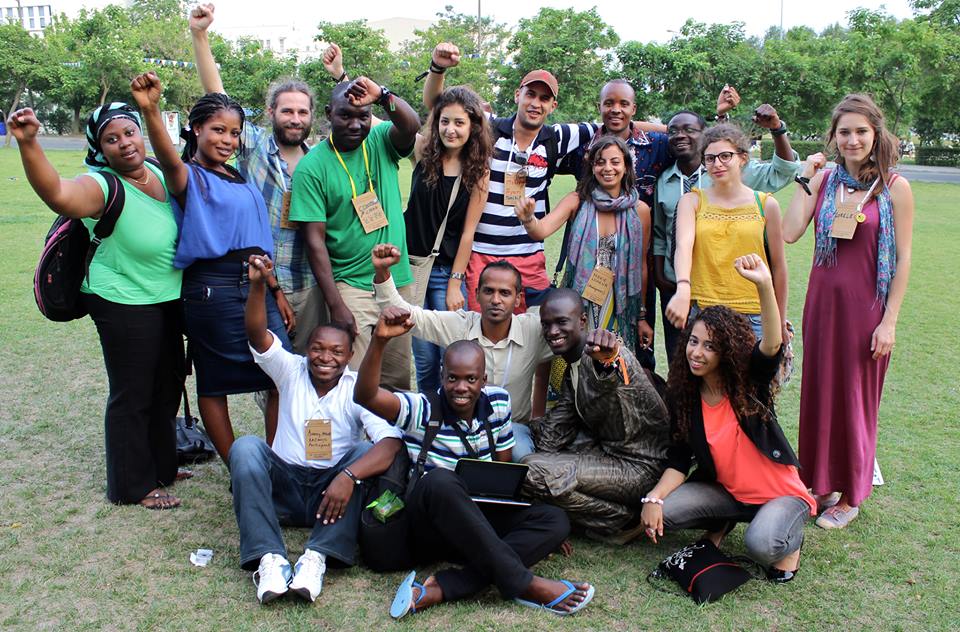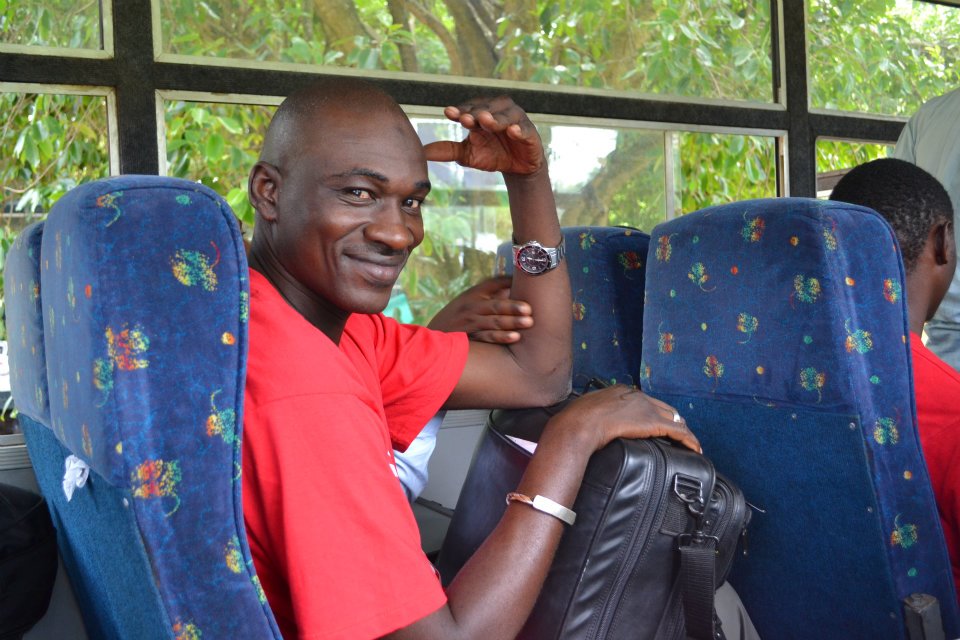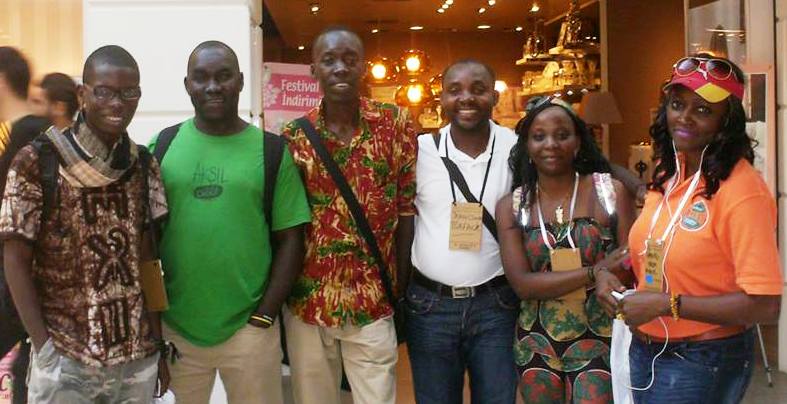Here’s Japanese youth becoming climate leaders!
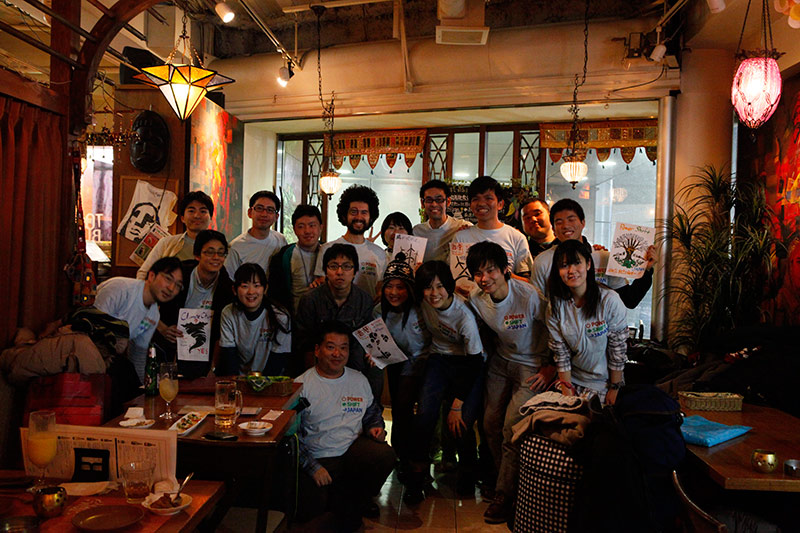
The GPS momentum reached Japan, with Power Shift Japan (PSJ) taking place in Saitama on February 22-23. One day prior to the actual event, a “Change the Dream” workshop was held, with the goal to empower the youth by first introducing the participants to the current state of affairs regarding general societal problems, environmental issues and the crucial role of people in being the driving force to push for solutions. The workshops gathered participants with different backgrounds to redefine what their ideal long-term vision of the world is, so that namely during the PSJ they would focus on addressing specific challenges related to climate change.
Very encouragingly, PSJ also gathered participants from Hong Kong and Taiwan, thus providing it with regional perspectives. Thanks to the messages (see here & here ) and spiritual support of the Taiwanese youths, participants got to witness how people around the world are getting involved in this climate fight.
During the opening day, Kai Sawyer, one of the lead organizers, shared how he started off as an activist by sharing his story. A space was then created for participants to get to know each other and delved quite naturally to discuss the theme of the PSJ. This was followed by a training around ‘What is a campaign?,’ which led to an energetic discussion on both short and long term strategy; also, most importantly, it served to identify the stakeholder training with the support of a cross diagram. The 2nd day continued campaign training, and placed special focus on linking up campaign ideas and actions.
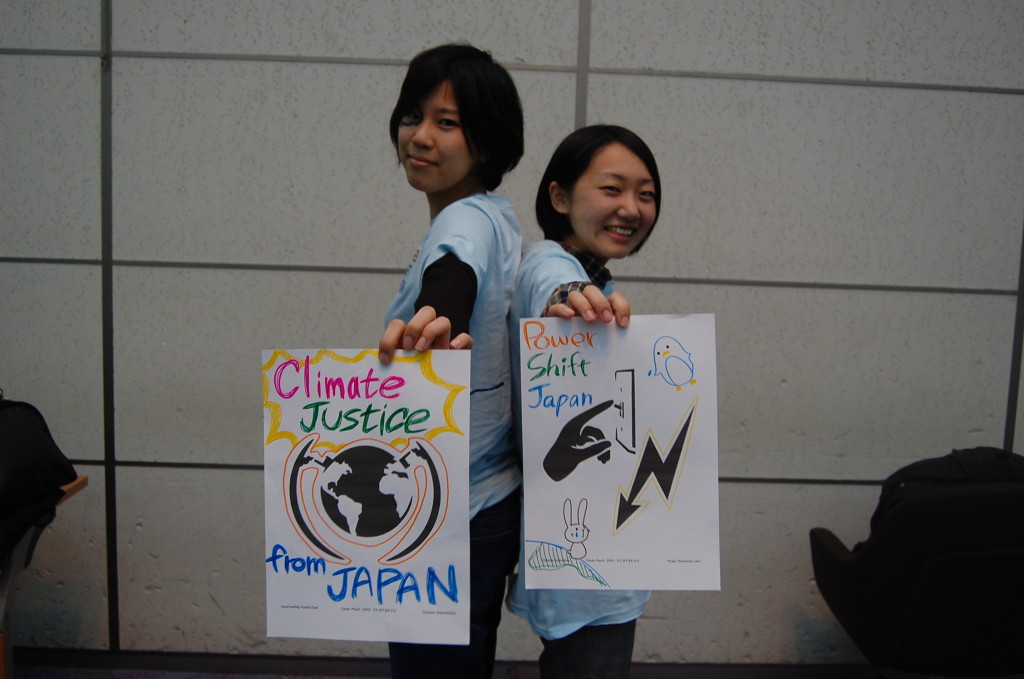
In addition to the already existing campus climate challenge campaign, which focuses on getting universities and schools to reduce their emissions, two joint actions, namely “THE FUTURE” and “CHANGE UR SOCIETY”, were suggested by the PSJ organizing team. “THE FUTURE” is about highlighting the impact of climate change on people’s feelings, symbolised by wearing a black circle around the eye, as if having received a blow to the eye. “CHANGE UR SOCIETY” is a campaign, which will feature actions in front of local landmarks, when the participants go back to their respective communities. Social media will also be used to disseminate information.
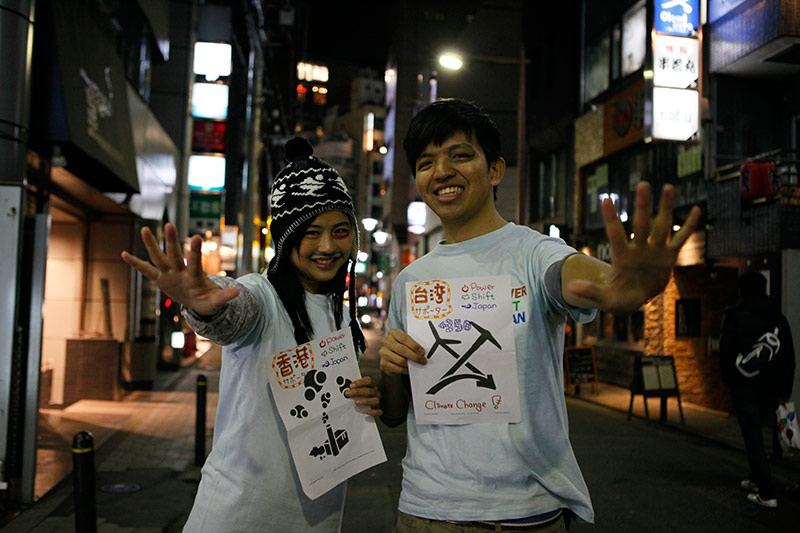
The PSJ ended with a personal commitment to take the power shift back to everyone’s city and community highlighting the fact that the PSJ event is just the start of yearly plans and further actions. We’ll keep you updated with more blog posts!
Power Shift Japan is hosting our first AMA (Ask Me Anything) on Thursday, March 13th at 9 am UTC (local times). Got questions about organizing your regional or national Power Shift? They got answers! Join the AMA here.
